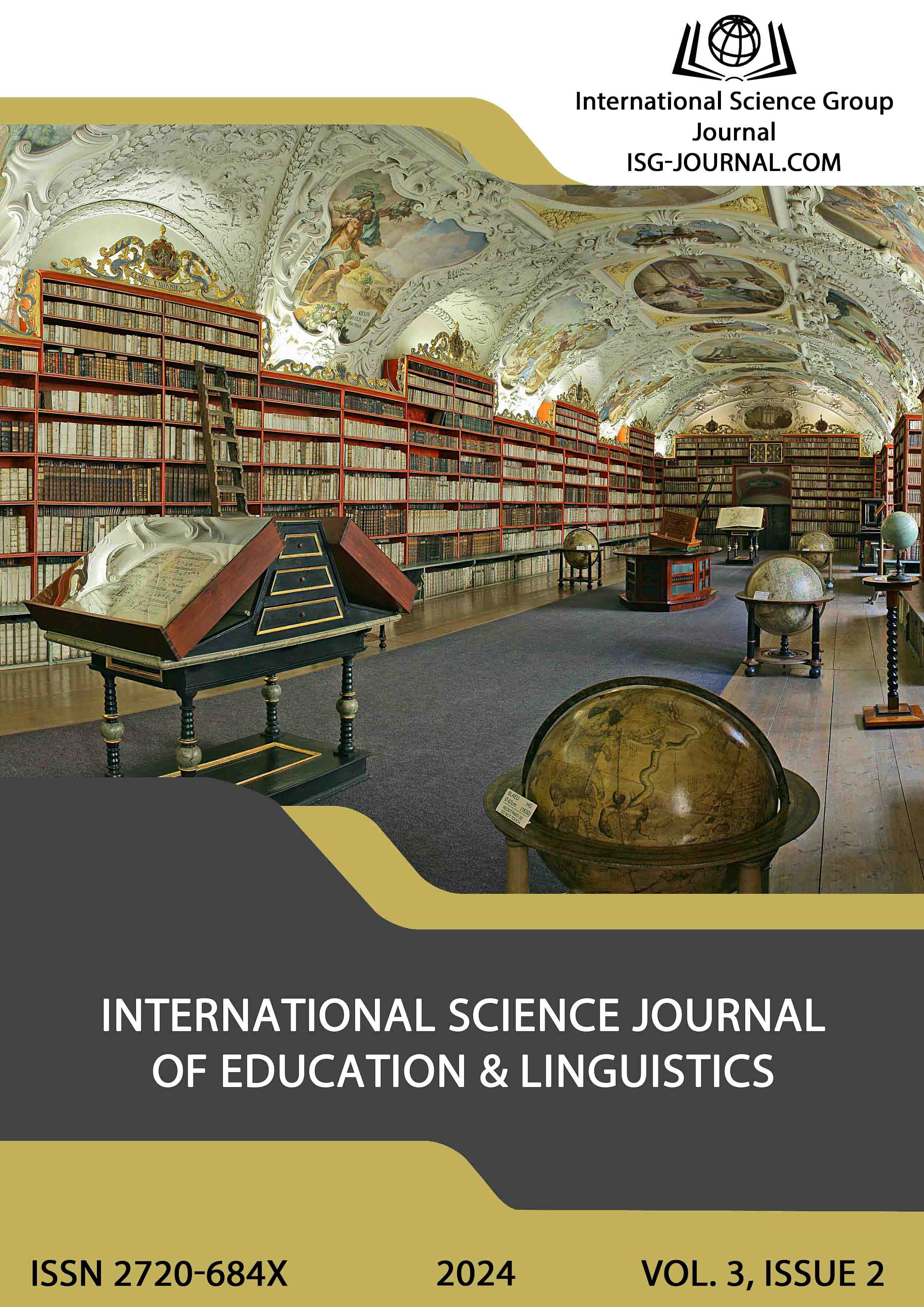Use of artificial intelligence in higher education: state and trends
DOI:
https://doi.org/10.46299/j.isjel.20240302.04Keywords:
artificial intelligence, ChatGPT, higher education, academic integrity, technologies of AI, system of education, digital transformationAbstract
The article is devoted to the actual problem of the use of artificial intelligence in higher education. The state and development trends of artificial intelligence (AI) are considered, the importance of studying this problem and the need for further research are substantiated, considering its impact on academic integrity, quality and success of studies. The new technology is rapidly gaining its popularity and is widely used in the educational process and scientific research. This requires educators to urgently upgrade not only the assessment and control system, but also the entire paradigm of higher education. Processes of globalization, digital transformation of the economy and society, rapid development of artificial intelligence technologies require adaptation of many spheres of life and activity, and educational first of all. Educators are faced with the need to review and critically evaluate approaches to learning, assess all advantages and disadvantages of using AI in the educational process. The article considers existing approaches to the use of AI and GPTchat, in particular, the existing experience of foreign and Ukrainian scientists and practitioners is analyzed, the main thoughts regarding the further development and regulation of AI at both international and national levels are highlighted. The existing regulatory and legal framework and that is actively being formed, the current practice of developing and implementing AI programs in education have been researched. It is concluded that the higher education sector needs to adapt its approaches to learning, teaching and assessment in such a way that AI to be used effectively and appropriately, based on academic integrity. It is extremely necessary to create certain rules for the use of AI, or, at least, to start and remain an active discussion on the issue. This will allow the formation of ethical and civic competences in the university community, will help to reduce negative and increase positive consequences of the use of AI technologies and tools of AI.References
ChatGPT URL: https://uk.wikipedia.org/wiki/ChatGPT
Україна розробила дорожню карту регулювання ШІ.URL: Україна розробила дорожню карту регулювання ШІ - Букви (bukvy.org)
Ethical guidelines on the use of artificial intelligence (AI) and data in teaching and learning for educators. URL:Ethical guidelines on the use of artificial intelligence (AI) and data in teaching and learning for educators - Publications Office of the EU (europa.eu)
ChatGPT and artificial intelligence in higher education: quick start guide. URL:ChatGPT and artificial intelligence in higher education: quick start guide - UNESCO Цифроваябиблиотека
K-12 AI curricula: a mapping of government-endorsed AI curricula. URL:K-12 AI curricula: a mapping of government-endorsed AI curricula - UNESCO Цифроваябиблиотека
The future of Digitally Enhanced Learning and Teaching in European higher education institutions. URL:DIGI-HE (eua.eu)
Tom Williams Jack GroveFive ways AI has already changed higher education. URL:https://www.timeshighereducation.com/depth/five-ways-ai-has-already-changed-higher-education?utm_source=newsletter&utm_medium=email&utm_campaign=editorial-weekly&spMailingID=25829776&spUserID=MTAxNzcwOTEyM
Artificial intelligence tools and their responsible use in higher education learning and teaching. URL:https://www.eua.eu/resources/publications/1059:artificial-intelligence-tools-and-their-responsible-use-in-higher-education-learning-and-teaching.html
Кремень, В.Г. (ред.). (2021). Національ надоповідь про стан і перспективи розвитку освіти в Україні :монографія. Національна академія педагогічних наук України. Київ: КОНВІ ПРІНТ. https://doi.org/10.37472/NAES-2021-ua
Саух, П. (2020). Стратегічне бачення нової моделі вищої освіти: рух до створення університетів світового класу. Наукова доповідь на методологічному семінарі НАПН України «Шляхи і механізми підвищення конкурентоспроможності університетів України» 19 листопада 2020 р. Вісник Національної академії педагогічних наук України, 2(2). https://doi.org/10.37472/2707-305X-2020-2-2-13-7
Українська система вищої освіти в умовах воєнної агресії РФ: проблеми й перспективи розвитку // Національний інститут стратегічних досліджень. URL: https://niss.gov.ua/news/statti/ukrayinska-systema-vyshchoyi-osvity-v-umovakh-voyennoyi-ahresiyi-rf-problemy-y
Концепція цифрової трансформації освіти і науки МОН запрошує до громадського обговорення. https://mon.gov.ua/ua/news/koncepciya-cifrovoyi-transformaciyi-osviti-i-nauki-mon-zaproshuye-do-gromadskogo-obgovorennya
Партнер МОН Асоціація інноваційної та цифрової освіти назвала основні події у сфері в 2022 році.URL:https://mon.gov.ua/ua/news/partner-mon-asociaciya-innovacijnoyi-ta-cifrovoyi-osviti-nazvala-golovni-podiyi-u-sferi-osviti-v-2022-roci
Про схвалення Стратегії розвитку вищої освіти в Україні на 2022-2032 роки. URL:https://zakon.rada.gov.ua/laws/show/286-2022-%D1%80#Text
Опубліковано Стратегію розвитку вищої освіти в Україні на 2022-2032 роки.URL:https://mon.gov.ua/ua/news/opublikovano-strategiyu-rozvitku-vishoyi-osviti-v-ukrayini-na-2022-2032-roki
Downloads
Published
How to Cite
Issue
Section
License
Copyright (c) 2024 Alina Androshchuk, Oleksandr Maluga

This work is licensed under a Creative Commons Attribution 4.0 International License.





